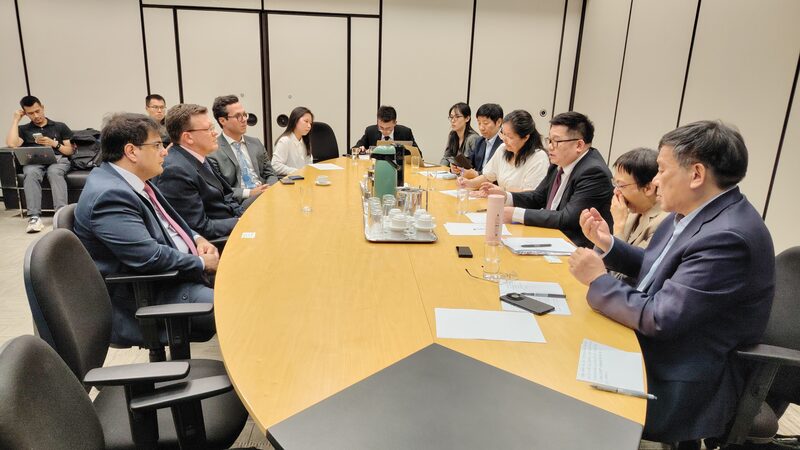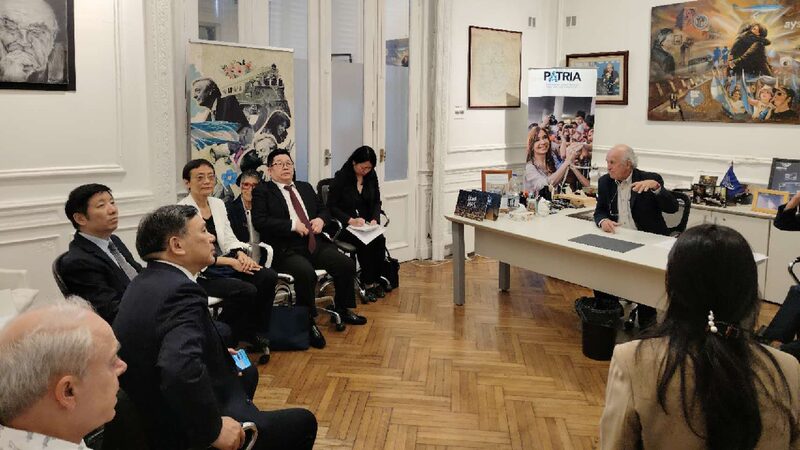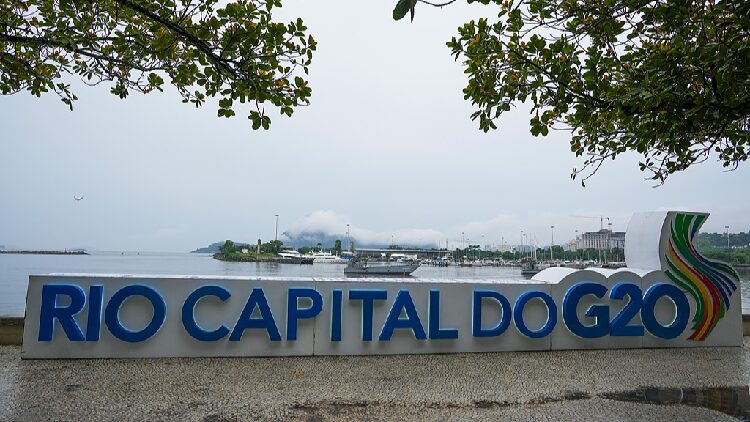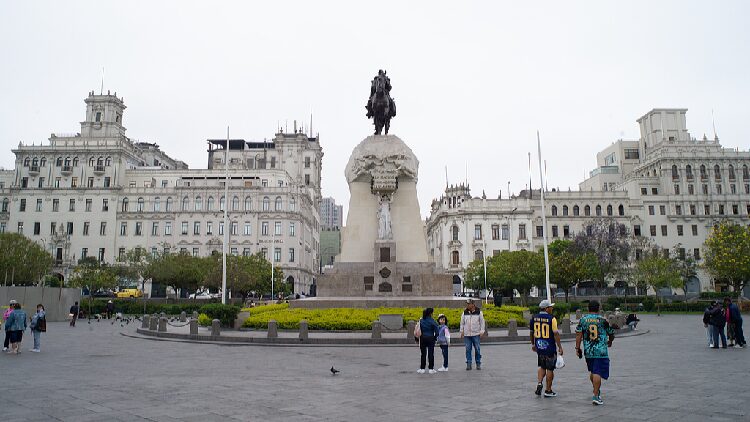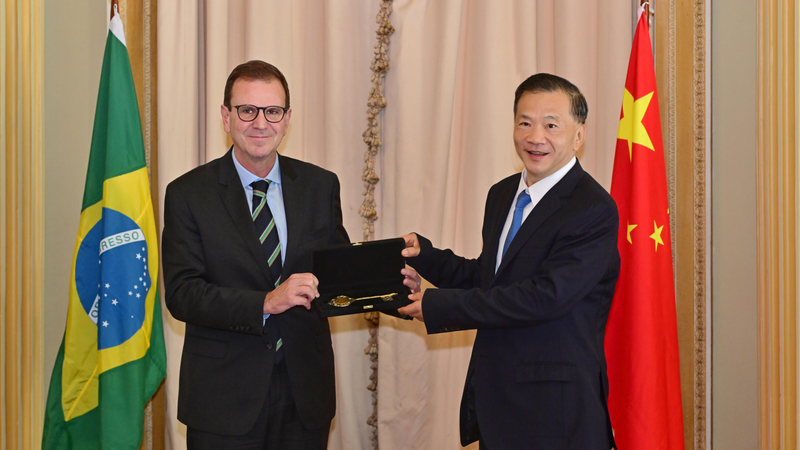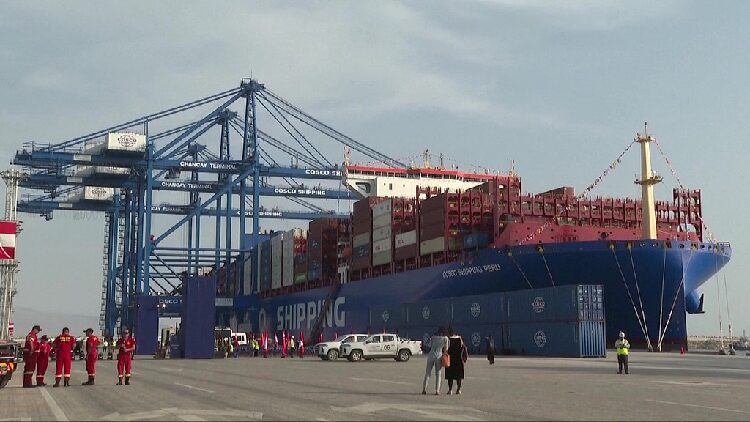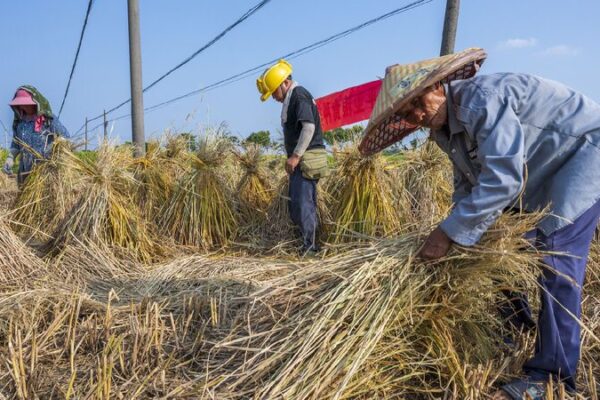China and Brazil Join Forces to Discuss the Global Impact of Chinese Modernization
Chinese and Brazilian experts recently came together in Brazil for a series of academic exchanges to explore the global impact of “Chinese modernization.” The event, held from November 22 to 25 in Rio de Janeiro and São Paulo, focused on how China’s development model influences economic growth, poverty reduction, and cooperation between China and Latin America.
Organized by the Chinese Academy of Social Sciences (CASS), the conference featured prominent speakers from both countries. Notable attendees included Zhang Guanzi, Secretary-General of the National Council of High-end Think Tanks; Chai Yu, Director of the Institute of Latin American Studies; Du Zhixiong, Party Secretary of the Institute of Rural Development; and Li Xuesong, Director of the Institute of Economic Research.
Understanding Chinese Modernization
At the opening ceremony held at the State University of Rio de Janeiro and the State University of São Paulo, cooperation agreements were signed between CASS’s Institute of Latin American Studies and the Brazilian universities. These agreements aim to deepen exchanges and collaborative research on topics like scholar visits and joint studies.
In his speech, Zhang Guanzi emphasized that understanding China requires an understanding of Chinese modernization. He highlighted that China’s development path is unique, characterized by rapid economic growth and long-term social stability under the guidance of the Communist Party of China. Zhang noted that China’s achievements have profoundly transformed the nation and can offer valuable lessons to other countries.
Sharing Experiences in Poverty Alleviation
Du Zhixiong shared insights into China’s historic success in eradicating absolute poverty. He detailed the key strategies and experiences that led to lifting millions out of poverty, emphasizing that China’s efforts have made significant contributions to global poverty reduction. Du suggested that other countries could learn from China’s approach to improve their own poverty alleviation programs.
Li Xuesong discussed how Chinese modernization is deeply rooted in the country’s national conditions while sharing common features with modernization in other nations. He explained that China is accelerating the building of a modern industrial system and market by upgrading supply and demand structures. Li highlighted that China’s focus on high-quality development is injecting strong momentum into global economic growth.
Expanding China-Latin America Cooperation
Chai Yu addressed the challenges facing the world but stressed that they should not hinder the shared development goals of China and Latin American countries. She expressed optimism about the future of China-Latin America economic and trade cooperation, noting that it has broad prospects and is entering a phase of rapid development. Chai mentioned that cooperation is expanding from traditional fields to emerging areas like the digital economy and artificial intelligence.
Brazilian Perspectives on Chinese Modernization
The event attracted nearly 1,000 participants from the Brazilian government, business, judicial, and academic circles. Many Latin American attendees believed that China’s development experience offers important reference points for their own countries.
Gulnar Azevedo e Silva, President of the State University of Rio de Janeiro, praised the impact of Chinese modernization on Latin America. She expressed hope for more cooperation agreements and joint research between Chinese and Brazilian universities to strengthen the relationship between the two nations.
Monica Leite Lessa, Dean of the Faculty of Philosophy and Humanities and Social Sciences at the State University of Rio de Janeiro, reviewed the development of China-Brazil relations. She emphasized that the partnership is focused on cooperation without ideological bias, aiming to promote the common prosperity of both countries.
Williams Goncalves, a professor at the State University of Rio de Janeiro and an early pioneer of China studies in Brazil, spoke emotionally about his experiences researching China. He highlighted the importance of Brazil strengthening exchanges with China to learn from its development path.
Pasqual Barretti, President of São Paulo State University, found Chinese modernization meaningful and expressed agreement with the views of Chinese experts. He noted that China and Brazil share similar national conditions and are important trading partners. Barretti expressed his university’s intention to continue strengthening cooperation and exchanges with China.
Building a Shared Future
This series of international lectures is part of the National High-end Think Tank of CASS’s efforts to strengthen international academic exchanges and cooperation, including with Latin America. The goal is to share the valuable experiences and achievements of Chinese modernization, promote understanding, and help build a China-Latin America community with a shared future.
Participants agreed that the discussions provided in-depth interpretations of Chinese modernization’s development experience and global significance. Many believe that China’s experiences offer important lessons for Latin American countries seeking their own paths to modernization. The event is expected to elevate cooperation and friendship between China and Latin American nations to new heights.
Reference(s):
China, Brazil experts discuss global impact of Chinese modernization
cgtn.com
